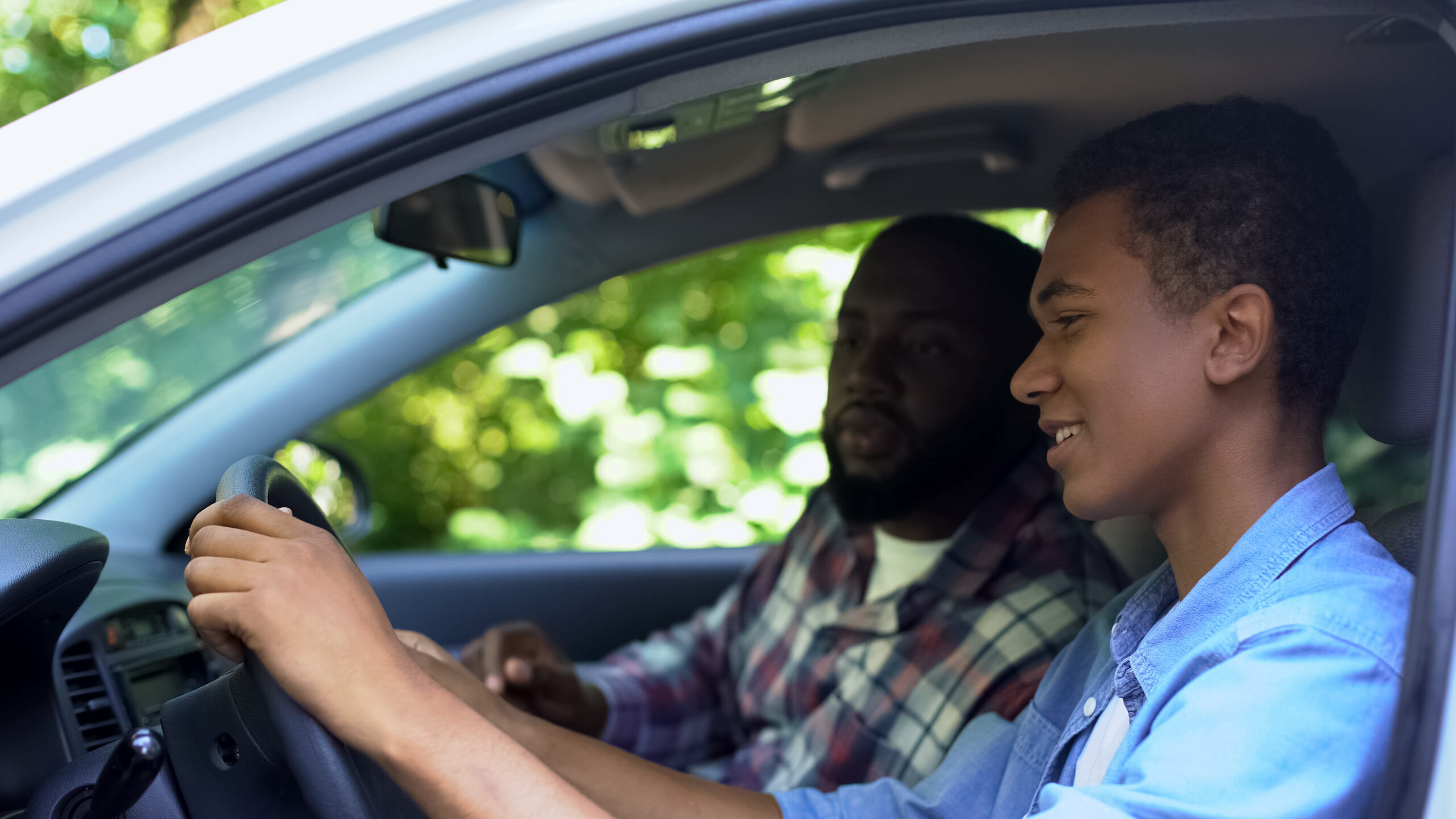Do you remember learning to drive? Common stories include parents grabbing the steering wheel, slamming the “invisible brake pedal”, crying out or yelling, closing their eyes, or the 30-second lesson that ended as quickly as it began. We hope your experience will be less stressful than these horror stories portray, so we want to provide you with some advice to help you avoid conflict & keep your cool while teaching your teenager to drive.
Have a lesson plan to keep expectations clear
Planning ahead is key to keeping any learning experience in check. Do you know where you’re going today? What lessons will you be focusing on? What new experiences are they likely to have along this road?
Keeping expectations clear and planning ahead can avoid high-tension situations where new (and sometimes nerve-wracking) skills must be practiced on the fly. Remember merging onto a highway for the first time? If your teen goes into today’s lesson knowing that they will be tackling such a high-stress scenario, they have a chance to mentally prepare.
Think before speaking (or yelling) if tensions are high
Sometimes this is impossible because the situation calls for an instant, urgent reaction. However, where it’s okay to take a moment, it may be worth pausing before offering your insight to your teen. We’ve all said things in the heat of the moment that we’ve later regretted.
Don’t hold your breath during driving lessons
A common response to stress is to hold your breath. If you’re one of the many people who does this, here’s a reminder to breathe during driving lessons. Holding your breath will not help you to be more perceptive. It will work against you and can create more conflict and negativity.
If you’re feeling nervous, try practicing some deep breathing before the driving lesson. Breathe in through your nose for the count of four, hold for four, then breathe out slowly for a count of four. Remind yourself to keep breathing throughout your lesson with your teenager. Remind yourself that this lesson could even be a positive experience, and you may have some fun along the way.
Take plenty of breaks to avoid burnout
During a lesson there may be times when you or your teen starts to “burn out”. Recognize this and commit to stopping and taking a break when this happens. There’s no need to keep pushing through when you or your teen isn’t feeling well. Planning for breaks in your driving lesson plan will allow for some extra time to stop. Communicate this with your teen: tell them to be honest if they’re feeling burnt out and that you’ve got time to stop for a break.
In Conclusion…
You can do this! Learning to drive doesn’t have to be a negative experience for you or your teenager. Recognize the possibility of your mood reflecting on your teen’s attitude. Breathe, plan ahead, and go into each driving lesson with a positive attitude, and you may create some incredibly positive memories with your teenager as they learn to drive.





Pingback: Driving Lessons for your Teen: Building Stronger Bonds
Pingback: What is a parent-teen driving contract? » Teach Your Teen to Drive